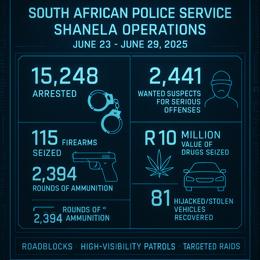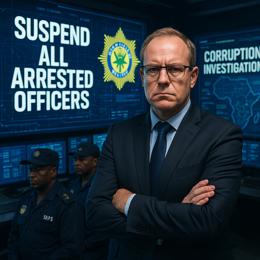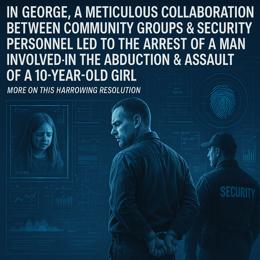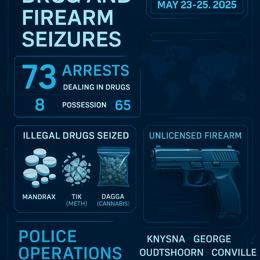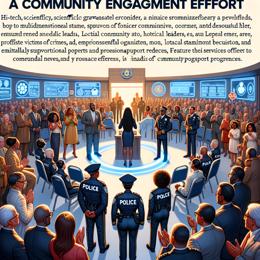Image created by AI
Vacant Watchdog Role Leaves South African Hawks Open to Political Sway
The Directorate for Priority Crime Investigation (DPCI), commonly known as the Hawks, is currently navigating turbulent waters as a critical role meant to safeguard its integrity and autonomy remains unfilled. For nearly two years, the South African Police Minister Bheki Cele has failed to appoint a retired judge to oversee the Hawks, leaving this crimefighting juggernaut vulnerable to political meddling and diminishing its efficacy as an accountable and independent entity.
The DPCI judge, a position last held by Frans Kgomo whose term expired in October 2022, is tasked with ensuring that this elite unit operates free from external influence and adheres to the principles of justice and fairness. However, since Kgomo's departure, several high-profile inquiries have been left in the lurch, including an investigation into Hawks boss Godfrey Lebeya. Kgomo's attempts to create a more autonomous watchdog, including the implementation of legislative changes permitting control over the office's budgets and personnel, have fallen on deaf ears.
Gareth Newham, head of justice and violence prevention at the Institute for Security Studies, plainly states that the vacancy not only breaches the law but also compromises accountability and invites unwarranted political interference. This poses a severe threat to the effectiveness and impartiality of the Hawks' operations – a sentiment echoed by former National Director of Public Prosecutions Vusi Pikoli.
The independence of the Office of the DPCI Judge has continually faced obstacles, as revealed by Kgomo during a 2019 appearance before the Portfolio Committee on Police. He outlined a history of resource deprivation and unmet requests for key personnel, further stressing the office's struggle to function optimally.
Despite the challenges and the importance of a timely appointment, Cele's response points to a deflection of responsibility and a lack of urgency. Instead of addressing the media reports on the protracted delay, Cele retorted to questioning the intentions of the judge who had allegedly utilized the media for personal battles.
To exacerbate matters, a newly appointed judge resigned immediately after taking office, citing concerns similar to those raised by Kgomo—insufficient resources and compromised autonomy. Efforts to convene meetings involving Chief Justice Raymond Zondo, Cele, and Justice Minister Ronald Lamola to ensure that future appointees do not encounter the same dissuading factors have faltered, with the most recent attempt thwarted by Cele's unavailability.
The importance of this watchdog role cannot be understated. Without a DPCI judge, not only are complaints about the Hawks met without resolution, but crucial decisions on the unit's conduct remain in limbo – underlining Pikoli's concern about the lack of a robust figure capable of rendering decisive judgments on filed complaints.
The position's vacancy has amounted to an accountability vacuum within one of South Africa's key law enforcement structures. With experts and former officials sounding alarms over the dangers this poses, it becomes imperative for the South African government to prioritize the immediate appointment of a DPCI judge, safeguarding the integrity of its crime-fighting capabilities from potential degradation by political forces.

